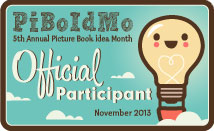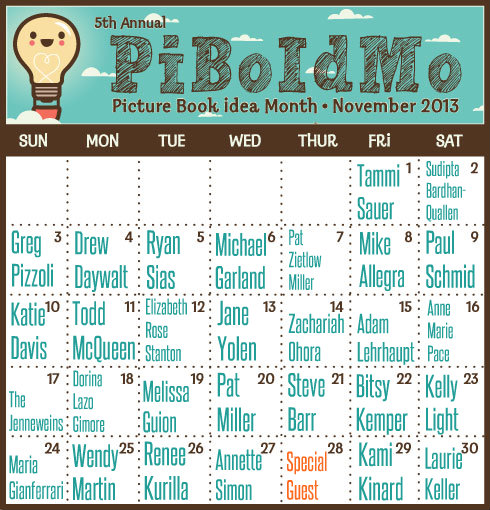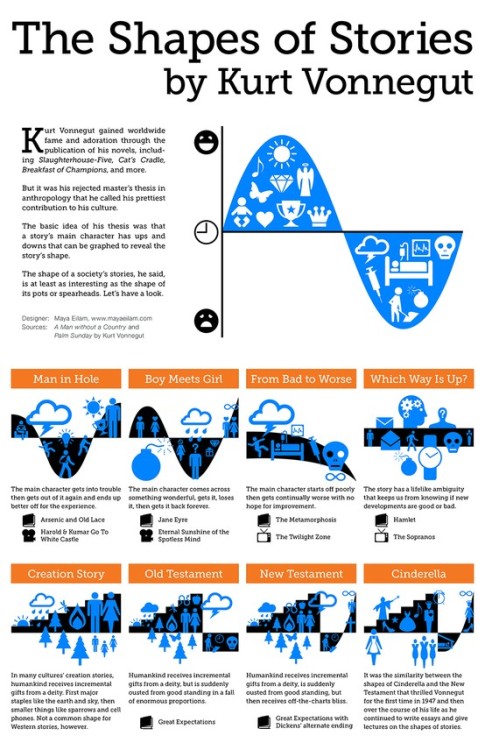HALLOWEENSIE CONTEST!!!!!
Hosted by Susanna Leonard Hill
Post your story on your blog between now and Thursday October 31st by 11:59 PM EDT.
Fly me to my Room
by Manju B. Howard
With a trick-or-treat
brew of sweets
making
her tummy twitch,
Gail
curled up in a cozy chair
wearing
the pointy hat of a witch.
“Time for
bed,” her mother cackled.
But Gail hugged
her black cat instead.
“To bed,”
her mother crowed,
while
sweeping up bits of candy.
Gail shook
her head.
“Spooky creatures want to find me.
They know
I’m full of treats.
Orange
clowns, pink bunnies and
wizards
with wands will smell my feet
and think
I’m something good to eat.
“Dear Mother
Witch,
please take
me on your broom
and fly
me to my room.”











